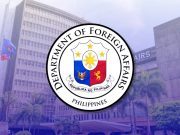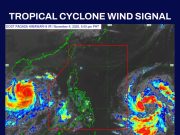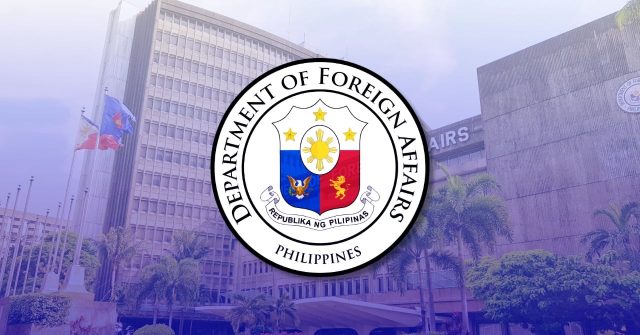MANILA — A Philippine congressman urged embassies and consulates worldwide Wednesday to extend services to overseas Filipino workers on weekends and holidays, citing the migrants’ limited time off and financial pressures that make routine errands a hardship.
Rep. Bryan Revilla, chairman of the House Committee on Overseas Workers Affairs and a lawmaker from the AGIMAT party-list, proposed that Philippine diplomatic posts — particularly in nations with large Filipino populations — adopt seven-day operations or rotating day-off schedules to better accommodate the needs of some 2.2 million overseas Filipinos.
Revilla made the appeal during an organizational meeting of his committee, which included briefings from the Department of Migrant Workers, the Overseas Workers Welfare Administration, the Department of Foreign Affairs’ Office of the Undersecretary for Migrant Workers Affairs, and the Maritime Industry Authority. The session focused on the agencies’ mandates and programs supporting Filipinos abroad and their families.
“Most OFWs, especially in the Middle East, have only one day off — and most of the time, it falls on weekends or holidays,” Revilla said. “So if the embassy or consulate is closed, they couldn’t have an opportunity to seek services.”
He highlighted that many migrant workers operate under “no work, no pay” contracts, meaning they forfeit wages for any time spent away from their jobs to handle paperwork or emergencies. The proposed changes, Revilla argued, would reduce long lines at consular offices and guarantee prompt access to essentials like passport renewals, notarizations and aid for those in distress.
While acknowledging the Department of Foreign Affairs and Migrant Workers Department’s push toward digital platforms, Revilla stressed that in-person services remain crucial for time-sensitive matters and crises, such as repatriation during conflicts or natural disasters.
Revilla pledged to work with the agencies to assess existing operations and draft legislation mandating more flexible consular hours. “This is about making sure our modern heroes — the OFWs who send billions home to fuel our economy — aren’t left waiting when they need us most,” he said.
The Philippines, which relies on remittances totaling $37 billion last year, has long grappled with consular backlogs, exacerbated by high migration rates to labor markets in the Gulf states, Asia and North America. Revilla’s initiative comes amid ongoing efforts to modernize support for the diaspora, including expanded online authentication and emergency hotlines.
The committee plans follow-up hearings to refine the proposal, with Revilla aiming for bipartisan backing before advancing a bill to the full House. (source: PNA report)












